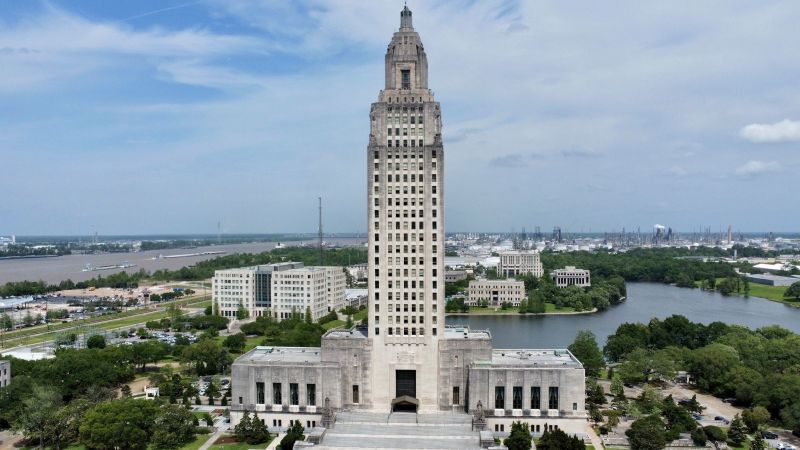Nearly two years after a federal judge ruled that Louisiana’s congressional map diluted Black voting power, Black voters are at risk of voting in an election under a plan that likely violates the Voting Rights Act. A new ruling from a different federal court stated that the state’s Republican legislature violated the Constitution by adding a second majority-African American district to the state’s congressional plan. This leaves the state without a congressional map just months before the election and has generated accusations of political gamesmanship.
The legal battle over the congressional map in Louisiana could impact which party controls the US House next year, as the second majority-Black district would likely vote for a Democrat. Louisiana officials are caught between the demands of the Voting Rights Act and the constitutional limits on considering race, and they are calling for clarity from the Supreme Court in resolving the ambiguity in the legal landscape. Black voters defending the second majority-Black district are expected to seek emergency intervention from the Supreme Court.
The ongoing dispute over the congressional map highlights a pattern of courts striking down redistricting plans that discriminate against voters of color while the plans remain in place due to procedural delays. How the Supreme Court handles this dispute will indicate the extent to which justices tolerate the legal maneuvers that prolong the resolution of redistricting disputes that arise after the census every decade. The state is currently without a congressional map, creating uncertainty for candidates and voters.
The majority of a three-judge panel ruled against a group of non-African American voters who claimed injury because the new map stigmatized and stereotyped them racially. The judges stated that complying with the Voting Rights Act did not negate the need to adhere to traditional redistricting principles like geographical compactness and reasonable configurations. A dissenting judge argued that the court should have allowed the most recent map to stand, as no plaintiffs demonstrated a discriminatory effect based on race.
Supporters of the map argue that political decisions, not just race, influenced the actions of state lawmakers who crafted the new map. Legislators aimed to protect incumbents, including top Republican officials in the US House. The map was designed during a special session to add a second majority-Black district and address a lawsuit challenging the state’s initial congressional plan after the 2020 census. Regardless of the Supreme Court’s decision on the case, ongoing court fights show how “gamesmanship” can undermine Voting Rights Act protections.
Amid the legal battles, the state of Louisiana remains without a congressional map just months before the election. Critics question the rejection of other proposals during the redistricting process, which would have drawn new districts in a more compact way to comply with traditional redistricting principles. Black residents in Louisiana are facing uncertainty and delays in electing representatives to the US Congress. The ongoing dispute highlights the challenges of balancing the demands of the Voting Rights Act with constitutional limitations and the influence of political decisions on redistricting efforts.
Keep Reading
Subscribe to Updates
Get the latest creative news from FooBar about art, design and business.
© 2025 Globe Timeline. All Rights Reserved.


